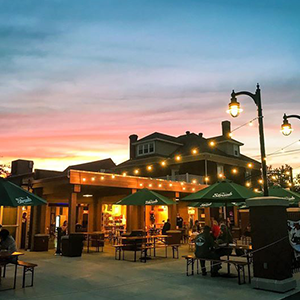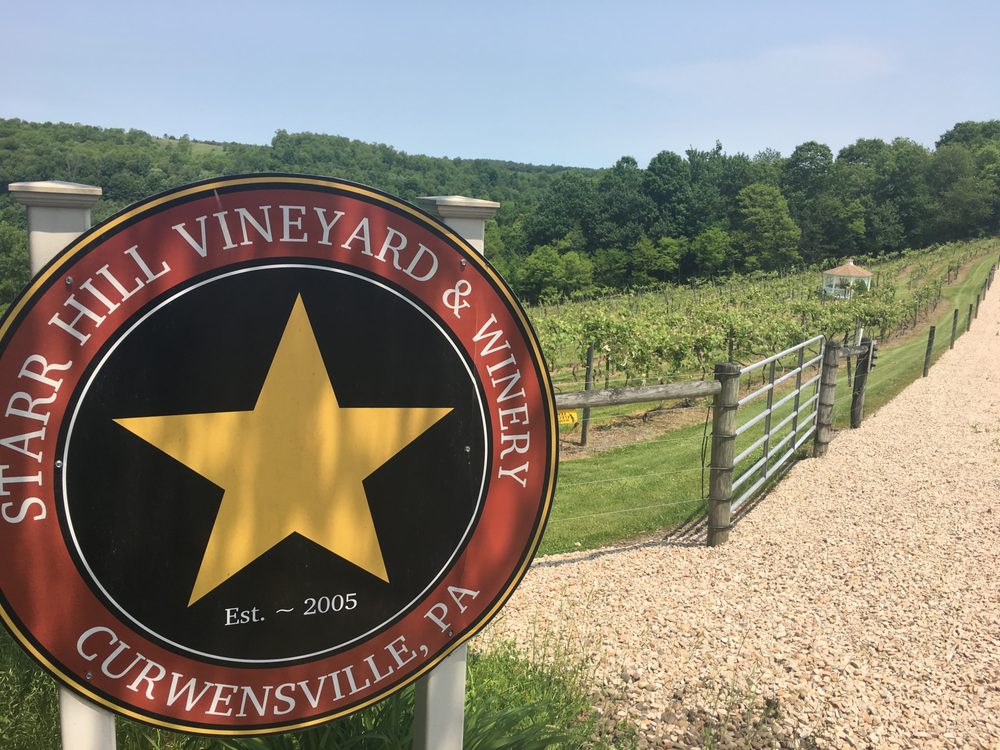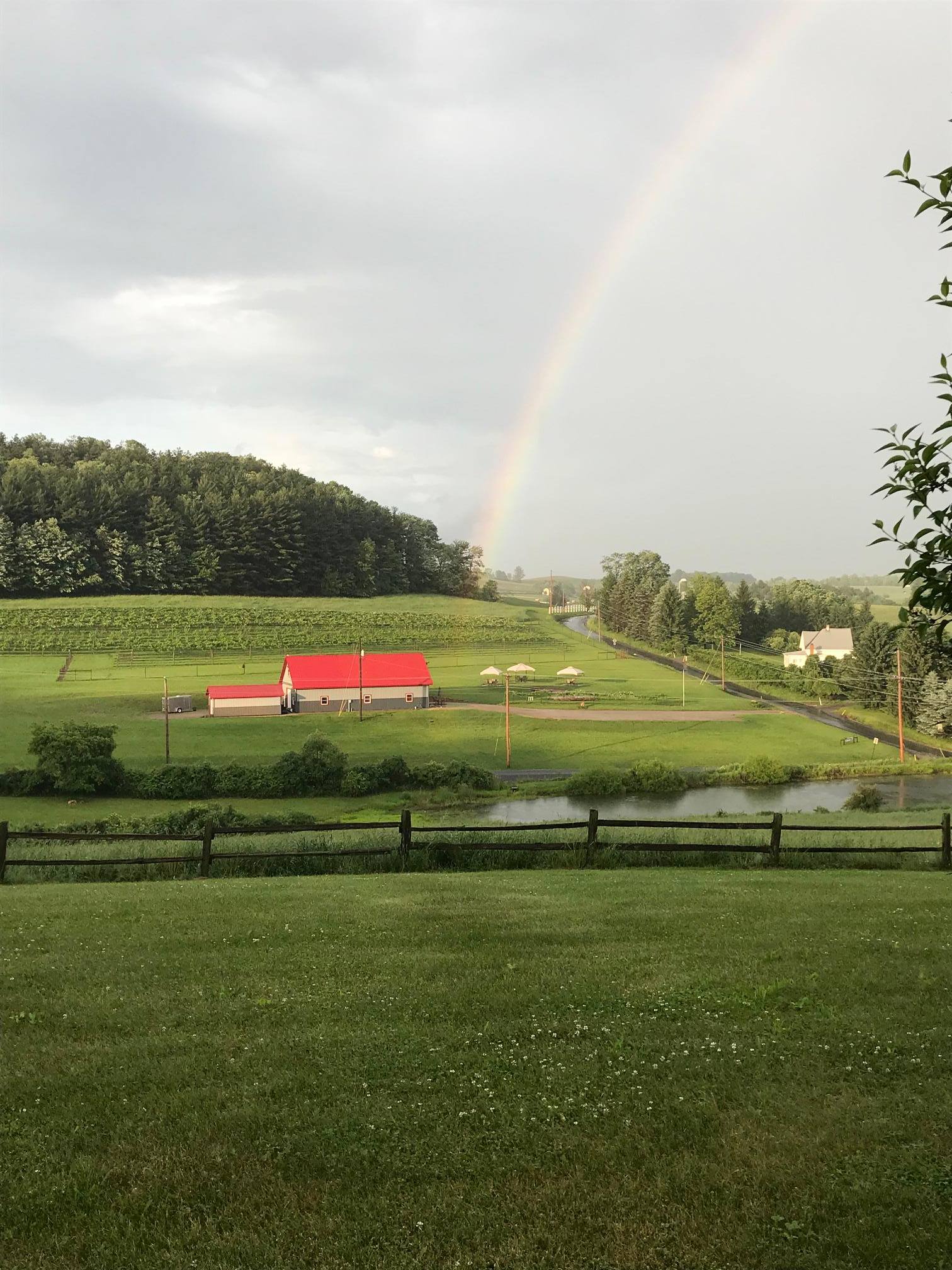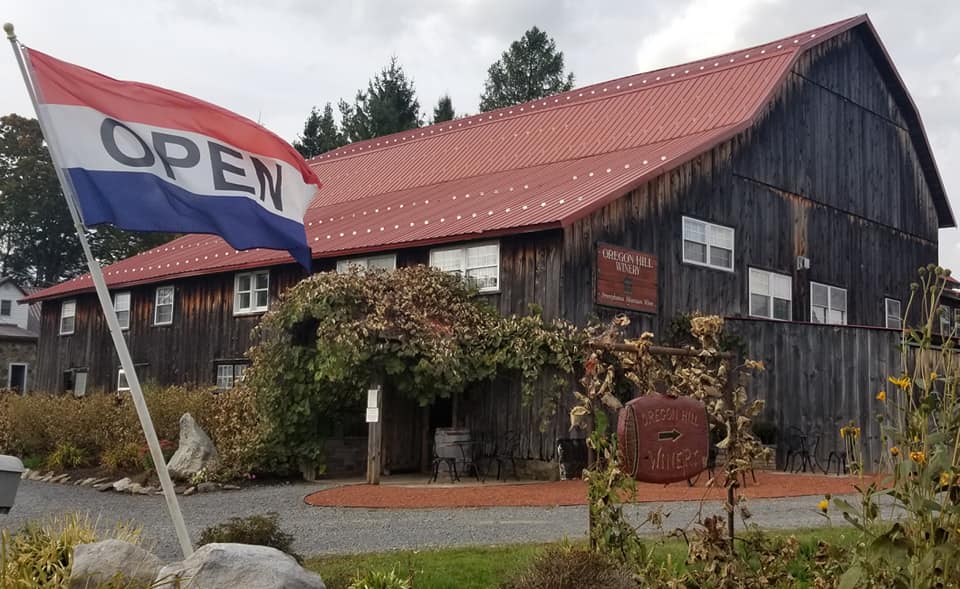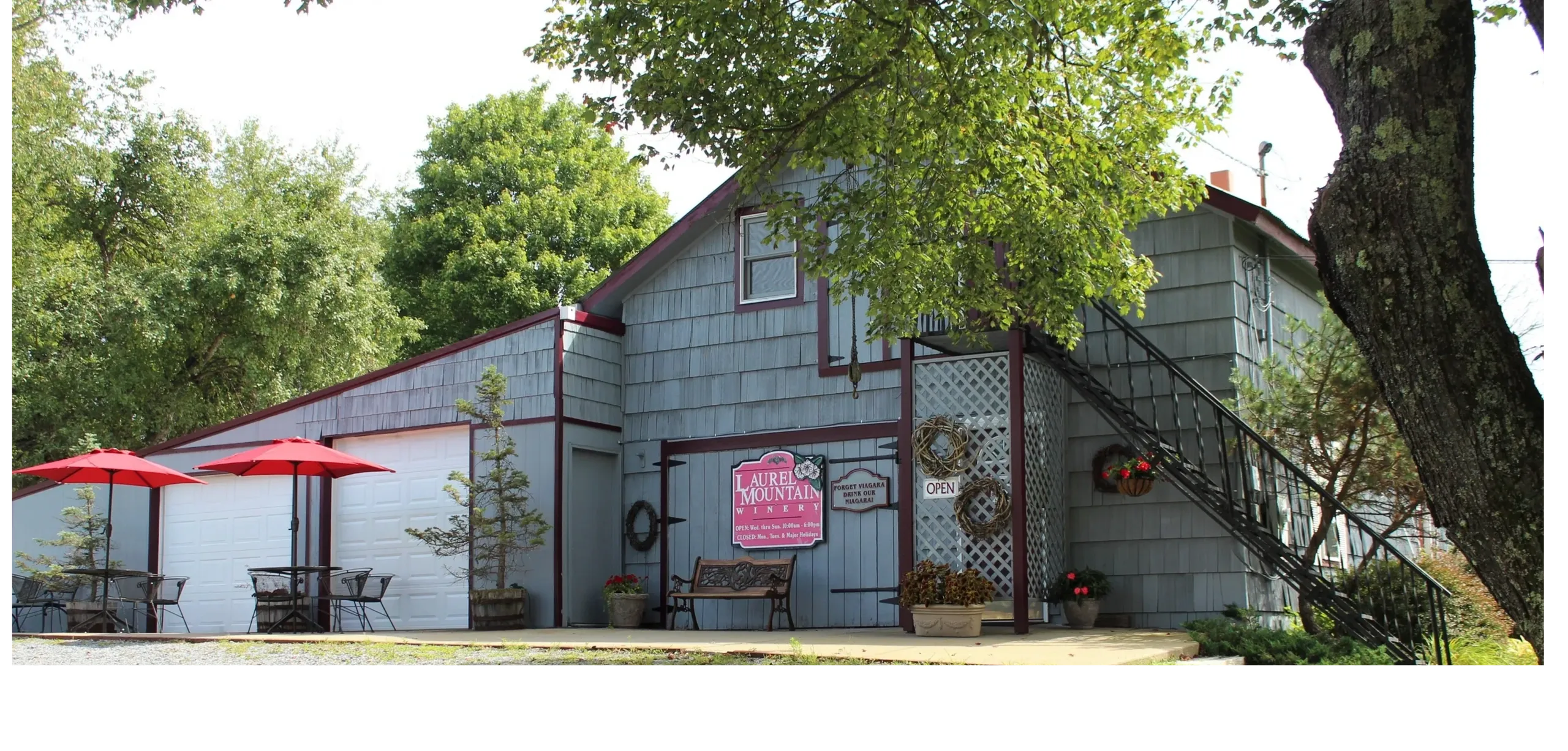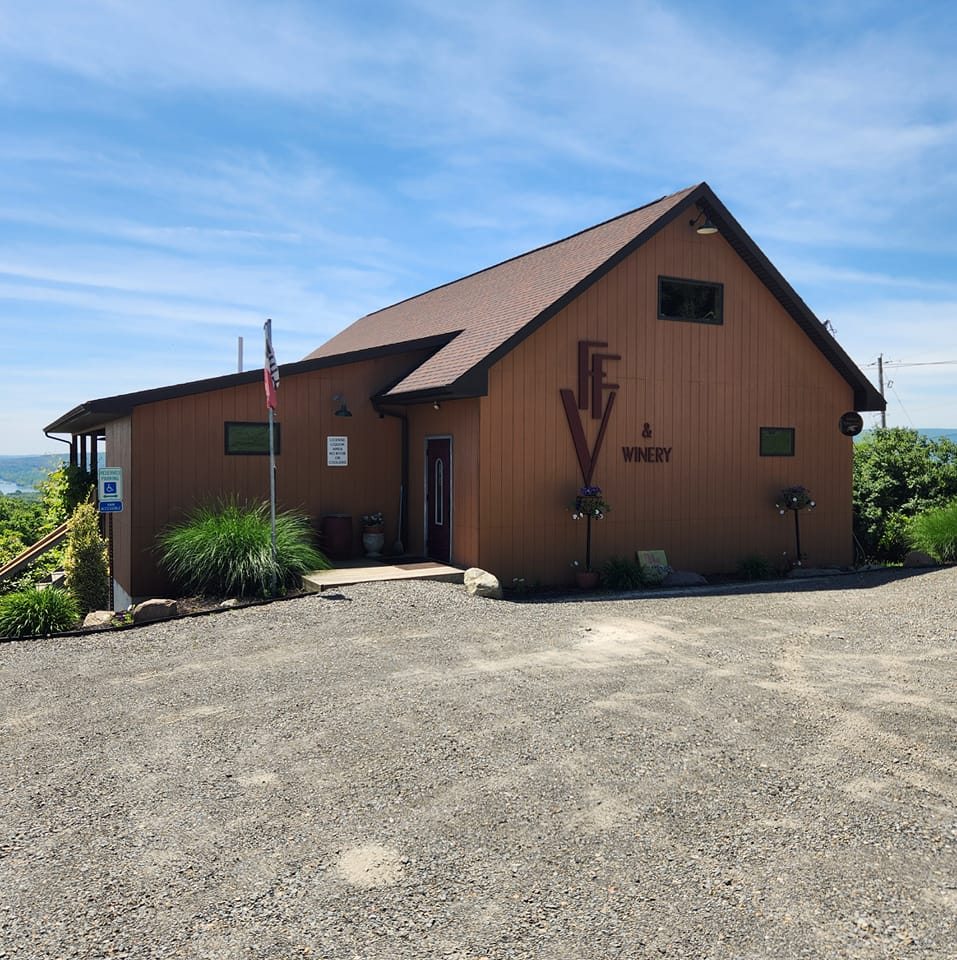Things to Do in The LHR
Winery at Wilcox
The Winery at Wilcox, nestled in the heart of the Pennsylvania Wilds in Wilcox, PA, has been crafting award-winning wines since its establishment in 1994. Family-owned and operated, this winery has grown to become one of Pennsylvania's most celebrated wine destinations, offering ... Read more



